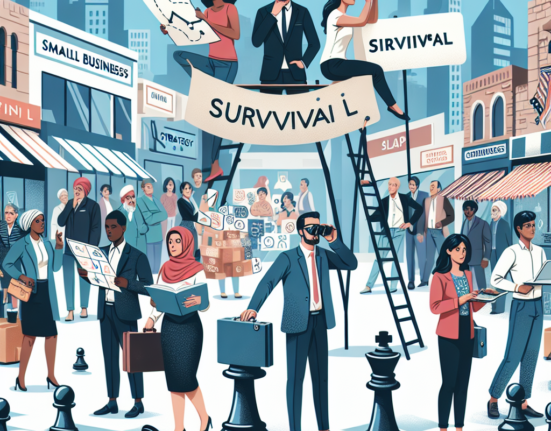Virtual reality (VR) technology has been steadily gaining popularity and momentum in recent years, transforming the way we experience and interact with digital content. From entertainment and gaming to education and healthcare, VR has the potential to revolutionize various industries and change the way we perceive reality.
The concept of virtual reality dates back to the 1950s, but it wasn’t until the last decade that VR technology began to truly take off. With the development of more advanced hardware and software, VR has become more accessible and immersive than ever before.
One of the main reasons for the rise of VR technology is the increasing demand for more immersive and interactive experiences. In today’s digital age, consumers are constantly looking for new ways to engage with content, and VR offers a unique and compelling way to do so. By putting on a VR headset, users can be transported to virtual worlds and experiences that feel incredibly real and lifelike.
Another factor driving the growth of VR technology is the rapid advancements in hardware and software. The development of high-resolution displays, motion tracking sensors, and haptic feedback systems has made VR experiences more realistic and immersive than ever before. In addition, the availability of powerful graphics processing units (GPUs) and virtual reality headsets from companies like Oculus, HTC, and Sony has made it easier for consumers to access and enjoy VR content.
In terms of applications, VR technology is making waves in a variety of industries. In education, VR can be used to create interactive and engaging learning experiences, allowing students to explore virtual environments and concepts in a way that textbooks and lectures cannot provide. In healthcare, VR is being used for medical training and therapy, helping doctors and patients alike to better understand and manage complex medical conditions.
In the entertainment industry, VR has the potential to revolutionize the way we consume and experience media. From immersive virtual reality games to interactive storytelling experiences, VR has the power to transport users to new and exciting worlds that were once only possible in science fiction.
As VR technology continues to evolve and improve, we can expect to see even more innovative and exciting applications in the future. From virtual reality concerts and events to immersive virtual tours of historical landmarks and museums, the possibilities are endless.
In conclusion, the rise of virtual reality technology represents a significant shift in how we interact with digital content and the world around us. With its immersive experiences and transformative capabilities, VR has the potential to change the way we live, work, and play in ways we never thought possible. As the technology continues to advance and become more mainstream, we can expect to see a future where virtual reality is an integral part of our everyday lives.
















Leave feedback about this
You must be logged in to post a comment.